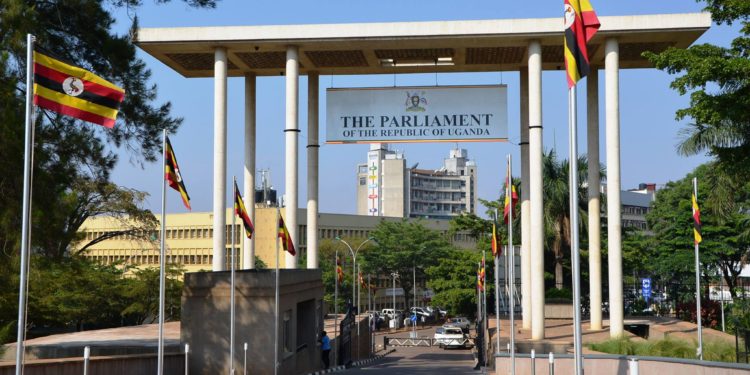Corruption, the insidious cancer gnawing at the core of governance, finds fertile ground within Uganda’s parliament, where lawmakers trade principles for petty cash and legislative decisions are up for sale to the highest bidder. The recent exposé by multiple sources interviewed by The Observer unveils a grotesque tapestry of bribery, coercion, and deceit, tarnishing the very essence of democracy.
At the heart of this sordid affair lies the unabashed solicitation of bribes by Members of Parliament (MPs) to advocate for the preservation of government agencies, regardless of their relevance or efficacy. The grotesque dance of clandestine payments, ranging from a meager Shs 500,000 to a staggering Shs 2 million, reveals a parliamentarians’ moral bankruptcy, where loyalty is bought and sold like a commodity on the market.
The report paints a damning picture of MPs succumbing to the allure of easy money, betraying the trust bestowed upon them by their constituents. The revelation that lawmakers, entrusted with the solemn duty of representing the interests of the people, are willing to trade their integrity for a few pieces of silver, is nothing short of disgraceful.
The testimonies of anonymous MPs, who shamelessly admit to accepting bribes to support the retention of agencies they know little about, underscore the depths of moral degradation within Uganda’s legislative body. Their cavalier attitude towards corruption, encapsulated by remarks such as “You get money to save an agency you’ve never even heard of,” is a slap in the face of every Ugandan citizen who expects their elected representatives to act in the public interest.
Moreover, the modus operandi of these unscrupulous MPs, who cloak their nefarious dealings in secrecy and anonymity, reeks of deceit and betrayal. By concealing their identities, they seek to evade accountability and shield themselves from public scrutiny, perpetuating a culture of impunity that corrodes the very foundations of democracy.
The pervasive influence of money in parliamentary decisions, as revealed by senior officials from government agencies, lays bare the rotten core of Uganda’s political system. The revelation that MPs’ decisions are influenced more by the size of bribes they receive rather than the merits of the agencies in question is a damning indictment of the moral bankruptcy that plagues Uganda’s corridors of power.
Furthermore, the revelation that MPs demand exorbitant sums of money, often a quarter of an agency’s budget, under the threat of legislative sabotage, exposes the systematic extortion racket that operates within Uganda’s parliament. The collusion between lawmakers and government agencies, wherein funds are misappropriated to satisfy the voracious appetite of corrupt MPs, represents a betrayal of public trust on an unprecedented scale.
The tepid response from Speaker of Parliament Anita Among, who vehemently denies allegations of bribery and dismisses concerns raised by the Minister of Public Service, reeks of complicity and collusion. By whitewashing the rampant corruption that festers within Uganda’s parliament, she perpetuates a culture of impunity that emboldens corrupt lawmakers to continue their nefarious activities unchecked.
The rot within Uganda’s parliament is not a recent phenomenon but a systemic malaise that has festered for decades, corroding the very fabric of Ugandan society. Reports of bribery and corruption have become so commonplace that they are met with apathy rather than outrage, a damning indictment of the moral bankruptcy that pervades Uganda’s political landscape.
In conclusion, the exposé by The Observer lays bare the ugly truth lurking beneath the veneer of Uganda’s parliamentary democracy: a cesspool of corruption, where lawmakers trade principles for profit and the interests of the people are sacrificed at the altar of greed. Unless decisive action is taken to root out corruption and hold corrupt officials accountable, Uganda’s democratic aspirations will remain nothing more than a distant dream, shattered by the pervasive influence of money and power.







Discussion about this post